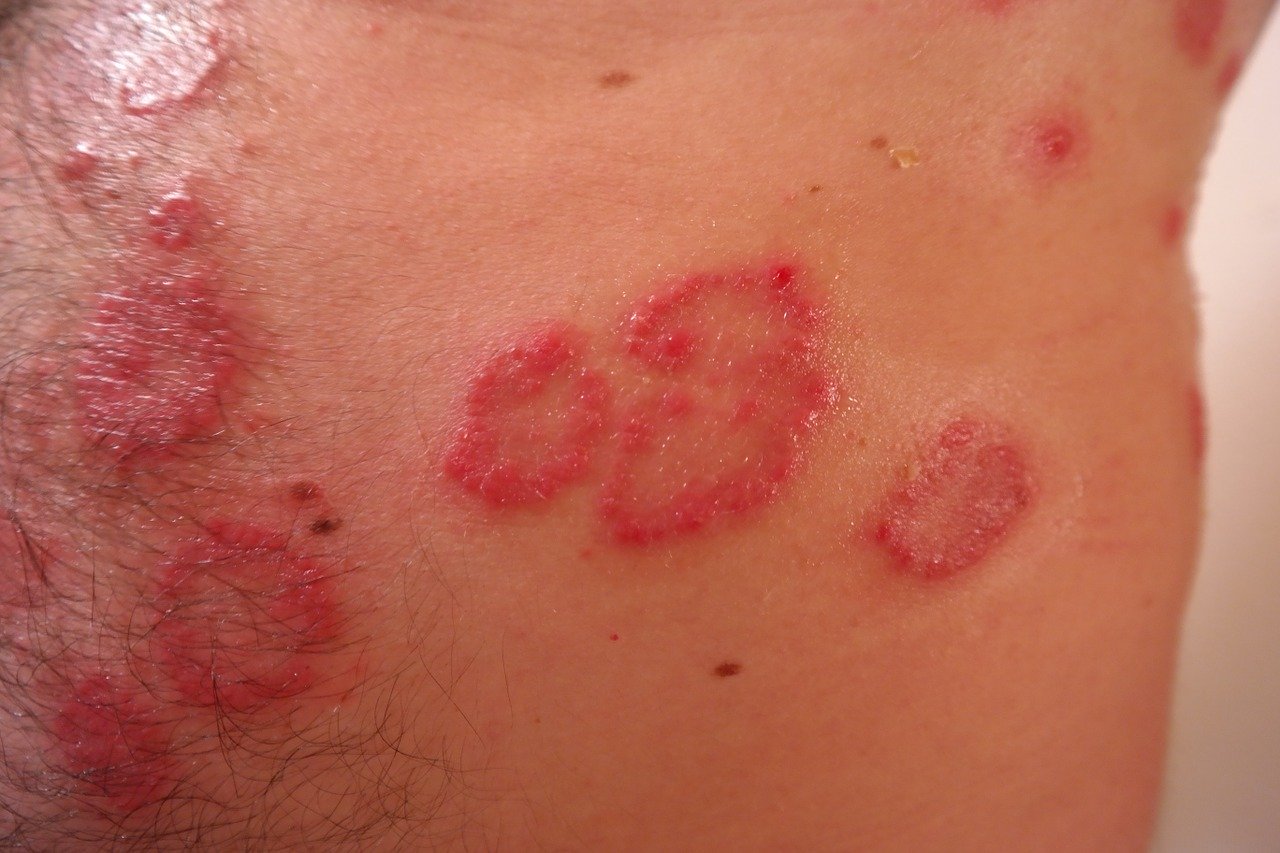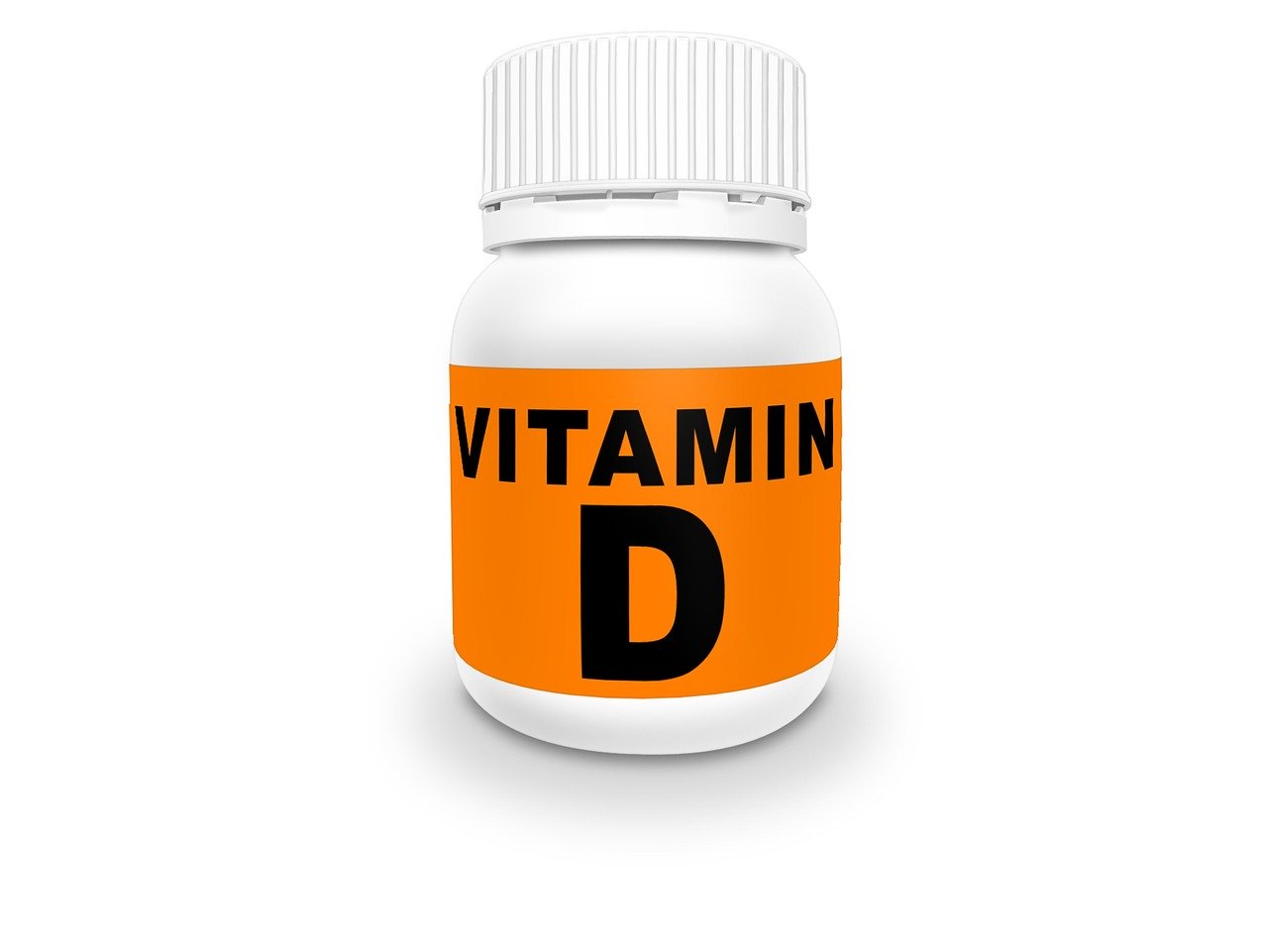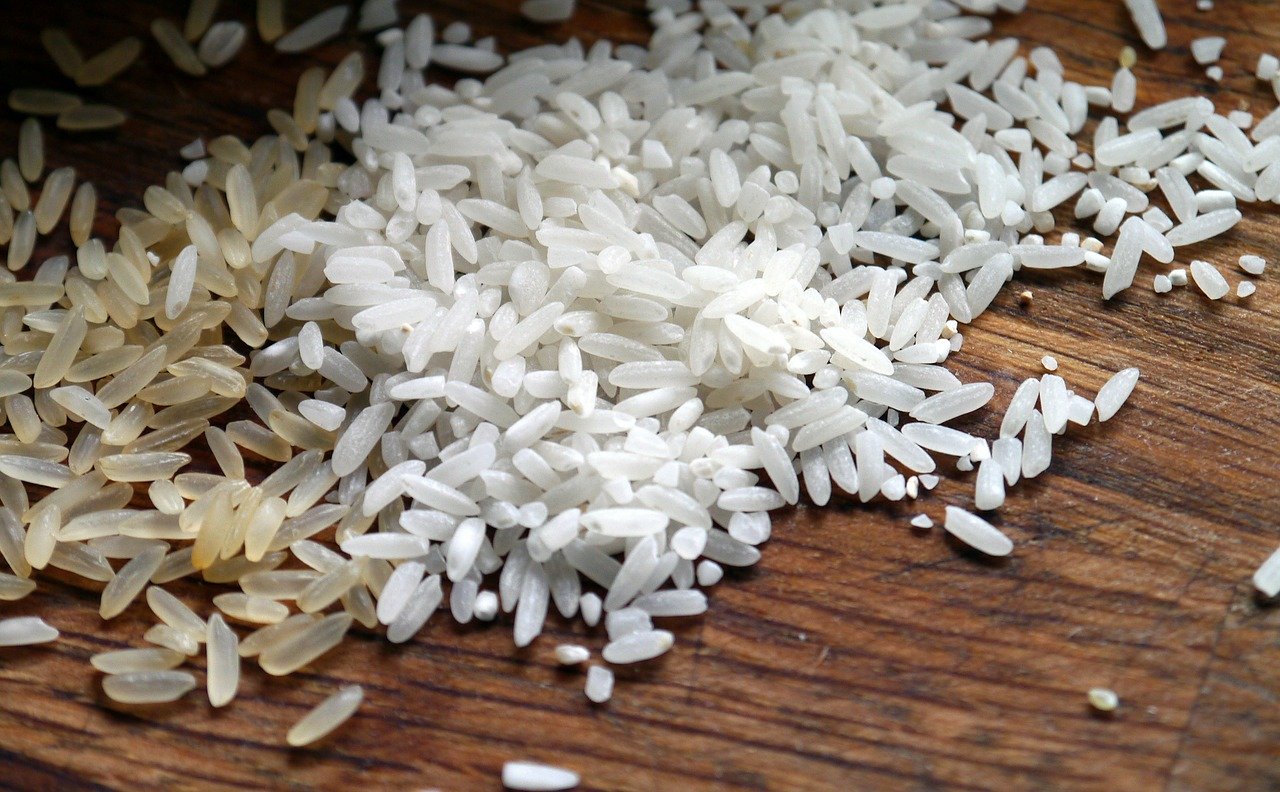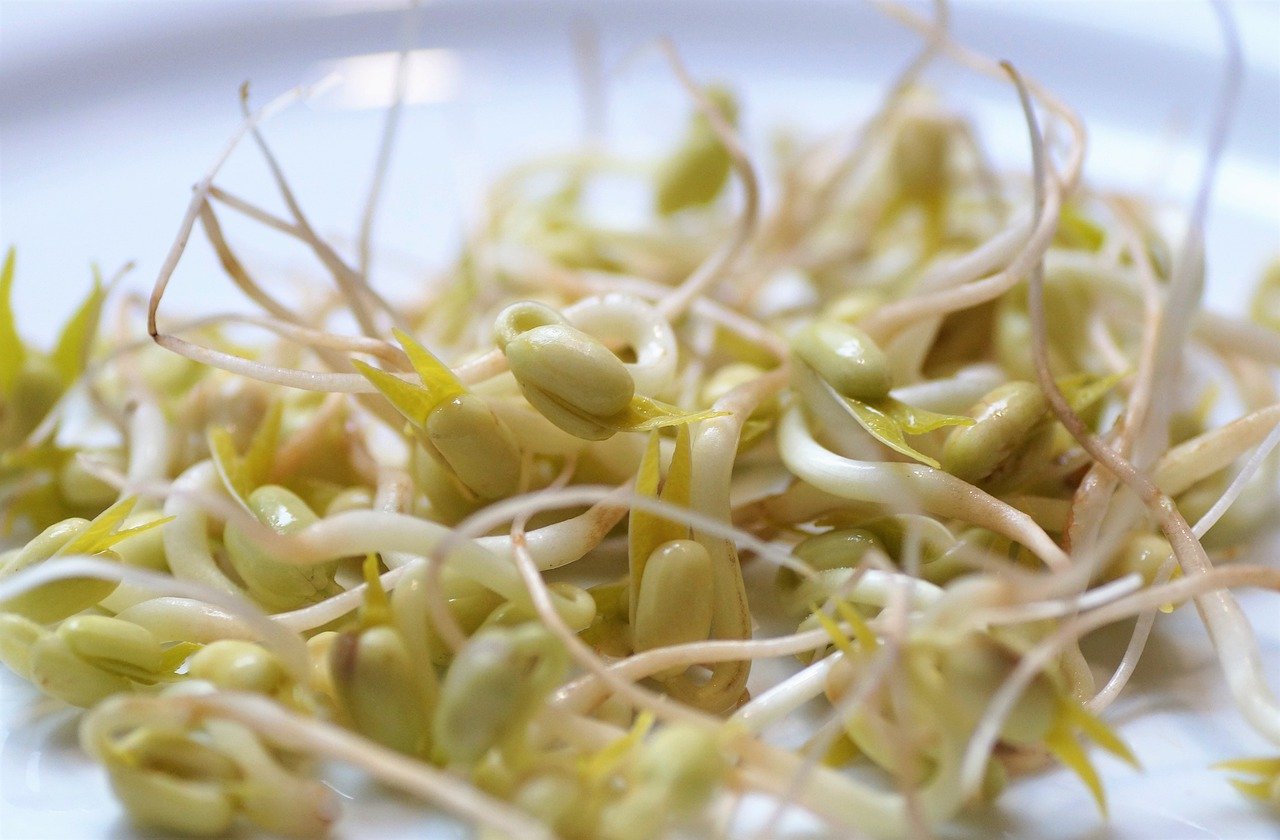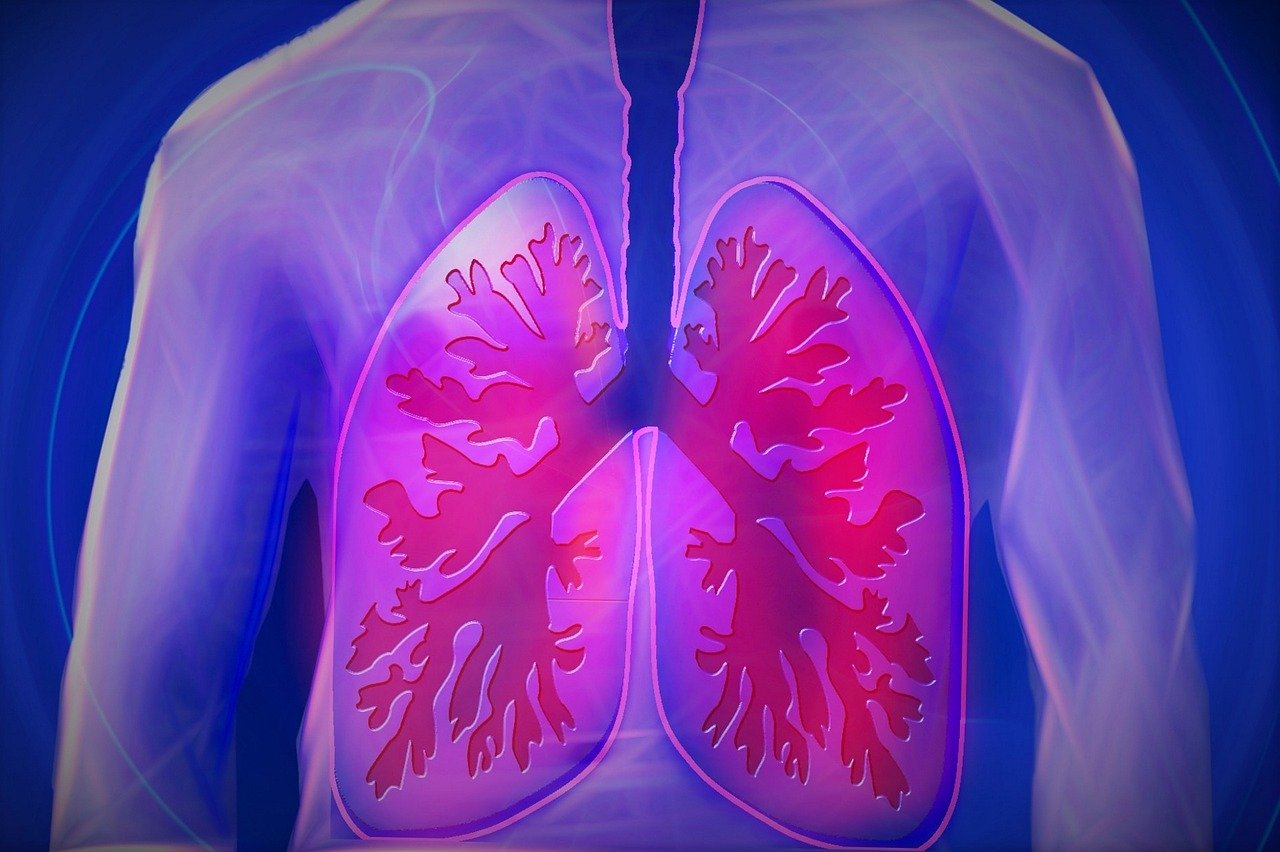In January 2019 researchers from the UK published the results of their study to assess the wider implications of feeling that the things undertaken in one’s life are worthwhile. A … Read more
Environmental factors as well as the gut microbiota may strongly influence the development of psoriasis and its progression
In March 2020 researchers from Italy, USA and Serbia published their review on the interactions between the skin, microbiome, gut microbiota and psoriasis. The researchers stated that psoriasis is alternatively … Read more
Diets, such as the MIND diet, which contain phenolic compounds, omega-3 fatty acids, fat-soluble vitamins, isothiocyanates, and carotenoids may reduce the risk of Alzheimer’s disease
In March 2020 researchers from Poland published their review on the role of certain bioactive compounds that appear to be effective in preventing neurodegeneration. The researchers stated that neurodegeneration is … Read more
A vitamin or mineral deficiency or a severe reduction in carbohydrate intake may contribute to hair loss
In March 2019 researchers from Saudi Arabia and the USA published their review of the medical scientific literature to assess the role of vitamins and minerals in hair loss. A … Read more
Consuming healthy diets appear to be effective in reducing both systolic and diastolic blood pressure, with high-fibre and low-sodium diets appearing to produce the greatest reductions in systolic and diastolic blood pressure in individuals with diabetes type 2
In April 2020 researchers from Iran and Puerto Rico published their review of the medical scientific literature to assess the effect of different dietary approaches on systolic and diastolic blood … Read more
Adults genetically at risk of developing hypertension who take vitamin B2 (riboflavin) supplementation may reduce their systolic blood pressure by up to 13 mmHg, which could be clinically important seeing that a 10 mmHg reduction in systolic blood pressure is estimated to decrease the risk of stroke by 40%
In April 2020 researchers from the UK published their review to assess the association between nutrition and risk of hypertension. Hypertension contributes to over 9 million deaths per annum, mainly … Read more
Wine consumption, especially red wine, appears to influence the function of human organs, prevents disease and reduces damage to the cardiovascular system
In July 2018 researchers from Czech Republic and Slovakia published their review on how wine consumption influences the function of human organs, prevents diseases and reduces damage to the cardiovascular … Read more
Vitamin D insufficiency and deficiency appears to be associated with an unfavourable lipid profile
In May 2019 researchers from Brazil published the results of their study to assess changes in body measurements and nutritional and metabolic parameters in post-menopausal women who had low levels … Read more
Carbohydrates do not appear to have a positive effect on any aspect of mood at any time-point following their consumption but instead are associated with higher levels of fatigue and reduced alertness within the first hour following ingestion
In April 2019 researchers from Germany and the UK published their review of the medical scientific literature to assess the effect of carbohydrate consumption on mood. A total of 31 … Read more
Herbs and spices appear to have antioxidant, anti-microbial, and anti-inflammatory properties and they may in addition reduce the risk of developing chronic diseases, eg cardiovascular disease, neurodegenerative conditions, chronic inflammation, arthritis, cancer, obesity and diabetes type 2
In May 2019 researchers from Canada published their review of the medical scientific literature to identify and assess specific biomarkers in 25 herbs and spices, namely anise, basil, black pepper, … Read more
A high intake of calories from protein may be associated with an increased risk of hypertension
In April 2019 researchers from Japan published the results of their study to assess the relationship between the incidence of hypertension and the intake of three major nutrients, protein, fats … Read more
Low fish consumption and low sun exposure appear to be separate risk factors for multiple sclerosis
In April 2020 researchers from Sweden published the results of their study to assess the effect of fish consumption on the risk of multiple sclerosis and also to what extent … Read more
Researchers recommend that individuals at risk of influenza and/or COVID-19 consider taking 10,000 IU/d of vitamin D3 for a few weeks to rapidly raise their vitamin D levels, followed by 5000 IU/d in order to raise their vitamin D levels above 40-60 ng/mL (100-150 nmol/L) in order to reduce the risk of infection
In April 2020 researchers from the USA published their review on the role of vitamin D in reducing the risk of respiratory tract infection, epidemiology of influenza and COVID-19, and … Read more
The preparation and cooking methods applied for rice appear to effectively reduce the risks associated with toxic metals to an acceptable level, except for arsenic which was still at a level to be considered a carcinogenic risk
In July 2019 researchers from Iran published the results of their study to assess the effect of different pre-cooking and cooking methods on the concentration of toxic (arsenic, cadmium and … Read more
Vitamin B12 that is applied to the oral cavity via toothpaste enters the circulation and improves the vitamin B12 status markers in the blood of vegans who are at higher risk of vitamin B12 deficiency
In March 2017 researchers from Germany and Denmark published the results of their study to assess the effect of a vitamin B12-fortified toothpaste on B12 vitamin levels in vegans. A … Read more
The Mediterranean diet, which is rich in plant-based foods such as wholegrains, legumes, fruit, vegetables, extra-virgin olive oil with a reduced consumption of red meat and sugar-sweetened drinks, may help to reduce the risk of rheumatoid arthritis
In November 2018 researchers from the UK published their review on diet and the risk of rheumatoid arthritis. There is an increasing amount of evidence which suggests that dietary factors … Read more
Mung bean protein supplement appears to improve muscular strength in healthy, under-active vegetarian adults
In October 2019 researchers from the USA published the results of their study to assess the association between protein intake, strength, and lean body mass in under-active vegetarians. A total … Read more
A low FODMAP diet has been recommended for inflammatory bowel disease and suggested for individuals with inflammatory bowel disease-like symptoms
In October 2019 researchers from Taiwan published their review of nutrition and diet in inflammatory bowel disease. The researchers stated that the incidence of inflammatory bowel disease has been increasing … Read more
Strategies for promoting a balanced microbiota in the elderly in order to prevent age-related physiological and immune decline need to be developed
In July 2019 researchers from Spain published the results of their study to assess age-associated changes in gut microbiota. The researchers stated that the faecal microbiota plays an important role … Read more
Vitamin D deficiency is common in patients with asthma and congestive obstructive pulmonary disease and low vitamin D levels may either be a cause or a consequence of these conditions
In March 2020 researchers from the UK, USA, Canada and Belgium published the results of their study to assess whether vitamin D metabolism is altered in asthma or congestive obstructive … Read more


